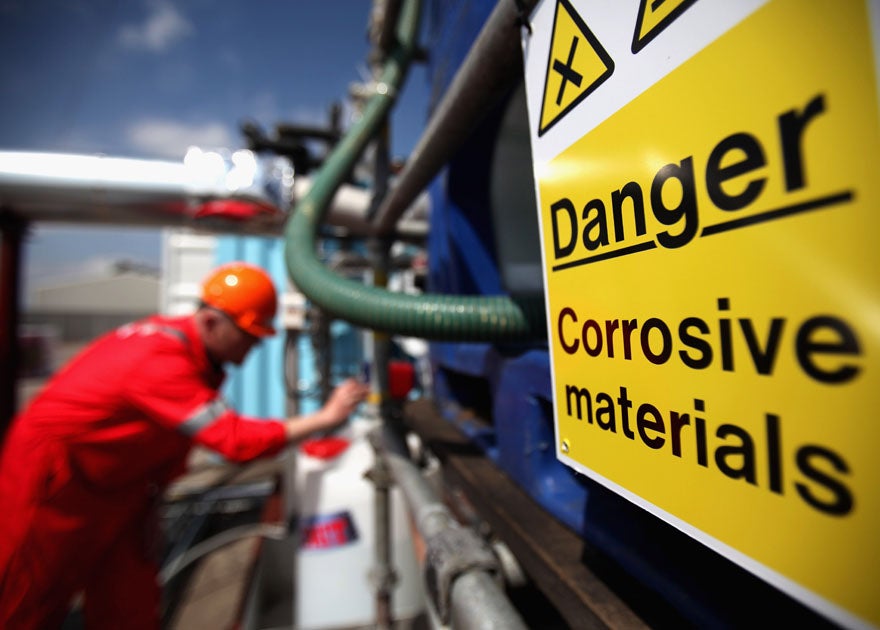
What courses? Chemical engineering; biochemical engineering; chemical and bioprocess engineering; industrial engineering (chemical).
What do you come out with? MEng in most cases, although some places offer a BEng.
Why do it? "Chemical engineers design and run manufacturing processes to chemically, biologically or physically convert raw materials into useful products in a safe, cost effective and environmentally friendly manner. Almost everything you see around you has had some input from a chemical engineer at some point including, for example, foods, pharmaceuticals, fuel, plastics, textiles, paint and cosmetics. Chemical engineers are also at the forefront of solving global problems such as climate change and sustainable energy production. Working on large multi-disciplinary projects, you will need to be an effective communicator, problem solver, creative thinker and team player." - Professor Chris Rielly, head of chemical engineering, Loughborough University
What's it about? It’s the branch of engineering that deals with applying physical and life sciences to energy-producing systems in order to get the full potential out of raw materials – making stuff from the ground more useful, basically. Courses tend to involve chemistry, biology, applied chemical engineering, thermo-dynamics and control of chemical plants. In the first year, you’re likely to study core modules across mathematics and the sciences, before specializing in the second and third year. Modules typically involve fluid mechanics, mass and heat transfer, thermodynamics, process systems and process operations (to give you an in-depth understanding of how power plants work).
Study options: Most go for a four-year MEng, which is a master’s degree studied straight from A-level, although many universities, including Westminster, UCL and Swansea, offer a three-year BEng, which can then be ‘topped-up’ into an MEng later. Aston, Birmingham, Bradford and Edinburgh are a few of the many universities that offer a sandwich year, in which students go and work in the industry.
What will I need to do it? A scientific brain – at Cambridge you’ll need A*AA in maths, physics and chemistry. While other universities may not be as demanding when it comes to grades, you’re most likely going to need maths and chemistry at A-level.
What are my job prospects? Good. According to Cambridge’s department of chemical engineering and biotechnology, salaries of chemical engineers have risen by 30 per cent over the last ten years, and they earn more, on average, than other types of engineer and more than pure scientists. The Times’ Good University Guide 2012 confirms Cambridge’s optimism, showing 49 per cent of students going straight into graduate-level jobs, with a handsome average starting salary of just over £27,000. Graduates may find themselves in research, working as a field engineer, or holding one of many positions available in the energy producing industry.
Where’s best to do it? Cambridge topped this year’s Complete University Guide, followed by Imperial, Loughborough and Edinburgh. Students at Queen’s (Belfast), Birmingham and Heriot-Watt were most satisfied with their courses.
Related degrees: Chemistry; engineering; physics; biological sciences; earth and environmental sciences.
Subscribe to Independent Premium to bookmark this article
Want to bookmark your favourite articles and stories to read or reference later? Start your Independent Premium subscription today.

Join our commenting forum
Join thought-provoking conversations, follow other Independent readers and see their replies